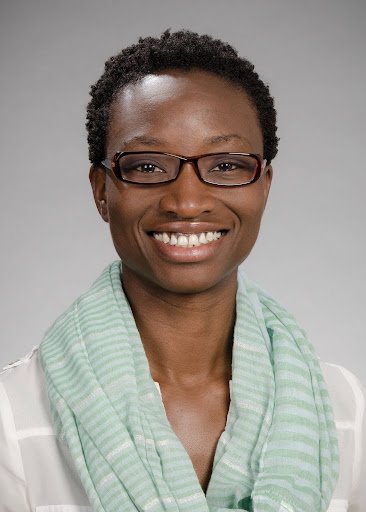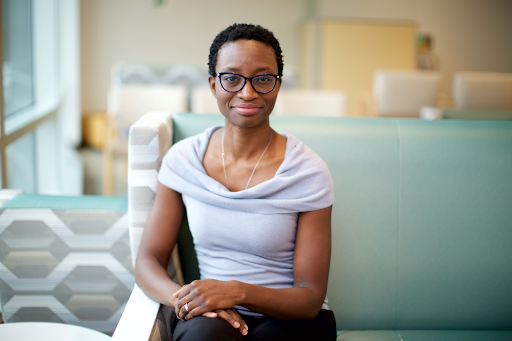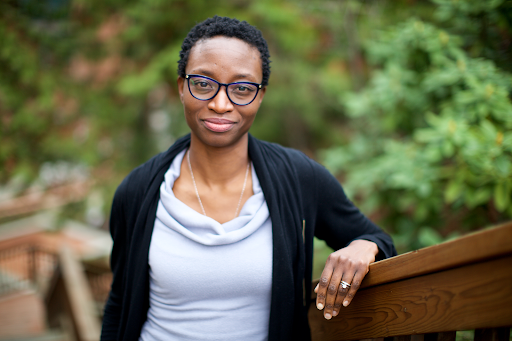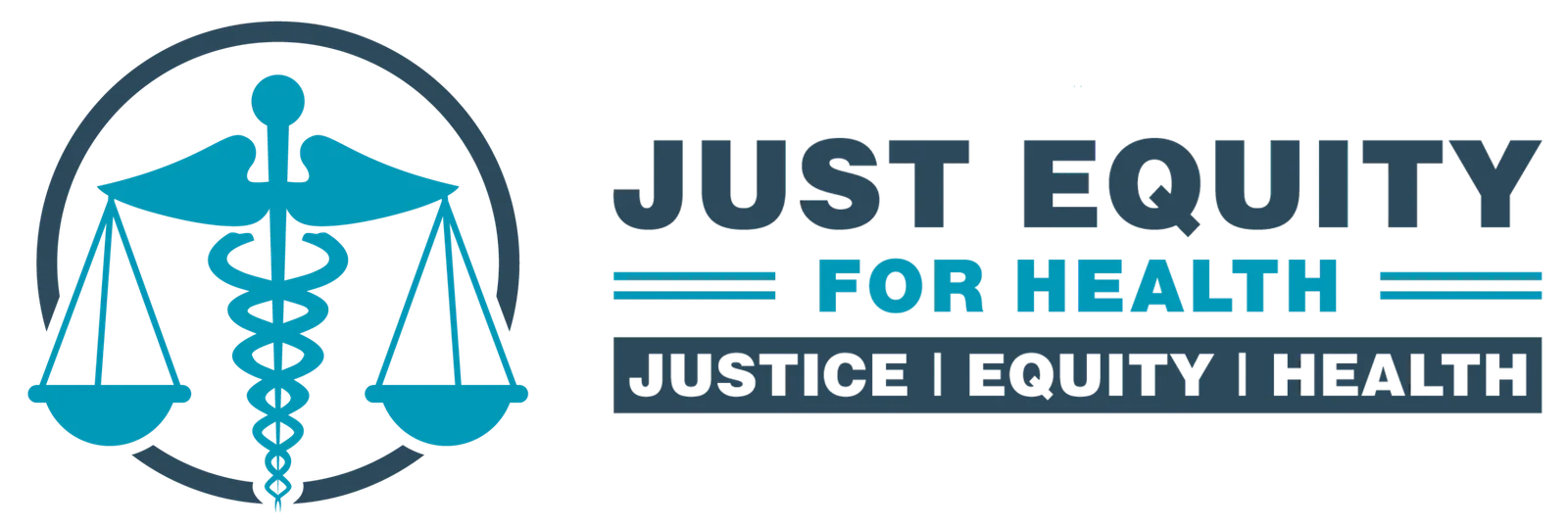
Endometrial cancer, also referred to as endometrial carcinoma, is a cancer of the inner lining of the uterus and one of the most prevalent cancers that you may have never heard of. Found most among women and individuals with female reproductive anatomy aged 45 to 60, the American Cancer Society estimates 66,750 new cases of endometrial cancers and uterine sarcomas in 2021.
Why does the most common cancer of the female reproductive system and fourth most common cancer for women in the United States have minimal media rapture? Dr. Kemi Doll, researcher, associate professor, and expert on gynecological oncology, reveals two poignant reasons, “Most people spend only a fraction of their lives pregnant or delivering. Throughout those other periods, individuals with female reproductive capacity still have reproductive organs to be cared for—organs that need to be healthy. Although endometrial cancers do include younger people, in general, I am dealing with older women.” According to the Society of Gynecological Oncology, “more than half of women with endometrial cancer are diagnosed after age 55.” Dr. Doll adds, “Within this population, I emphasize that their reproductive organs can’t be ignored and that we need to improve the conversation around valuing women beyond the point of reproductive capacity.”
The second reason why endometrial cancer is not as popularized in medical spaces is its survival rate. “Within GYN-oncology, a small field of only cancer of the female reproductive tract, there exists two of the worst racial health disparities among all cancers in the entire country: endometrial and cervical cancers. Endometrial cancer affects 1 in 37 women. It is four times more common than cervical cancer and twice as common as ovarian cancer. It has an overall survival rate of over 80 percent in white women. However, among Black women, that survival rate is less than 50 percent. We’ve had that mortality disparity for decades, and it’s getting worse.”
Dr. Doll made it a mission to address the outcomes, communication, and knowledge around endometrial cancer within the Black community through the formation of the Endometrial Cancer Network for African-Americans (ECANA). “I get direct messages all the time from women describing that they had years of post-menapausal bleeding that turned out to be endometrial cancer. I want all of us to know about the signs of symptoms of endometrial cancer like we know breast cancer. We have the tools to mitigate this disease.” ECANA is a coalition of advocates, patients, doctors, and professional leaders committed to improving the lives of Black people affected by endometrial cancer through robust education, clinical research, and community development. “In addition to being a clinician, I am a researcher oriented in the public health/critical race praxis, and I noticed that the same population I wanted to help had no visibility. Prior to my co-founding ECANA, there was no physical community of black women with endometrial cancer. We were the first. The broad awareness of endometrial cancer within the Black community was paltry, and I was compelled to use my skills and privilege to support this work. ECANA began with myself, Margie Willis, and Bridgette Hempstead and with grant writing, fundraising, and connections, we were able to procure seed funding and get off the ground.
The recognition to change the outcomes in one’s community and the wherewithal to implement that change is a difficult leap for new researchers, clinicians, and advocates without the entrepreneurial and financial context. In a 2011 study about Race, Ethnicity, and NIH Awards, researchers disquietly found that compared to NIH applications from white Ph.D investigators, black Ph.D. investigators were 13.2 percentage points less likely to be awarded an R01 grant, “the oldest and most widely used investigator-initiated research project grant.” For black health researchers, the ideation, creation, and execution of their goals for their communities are trepidatious, and it was no different from Dr. Doll during her fellowship training. “I learned grant writing out of necessity because it was a challenge finding funding for the research projects that impassioned me. A learn-as-you-go process, a trial-and-error process, helped me learn the terminology and relationships that I needed to continue my mission. No one was going to hand the money or the skills to me.”

Dr. Doll’s research took her to the University of Washington, and in 2019 she wanted to share her success with grant writing with her colleagues in the medical community. “After the birth of my second child, a part of me that wanted to help and teach others how to be successful in academic medicine awoke. I was tired of seeing researchers with amazing potential burn out and settle for less. New and old researchers were not seeing their ideas realized and not doing as much work as they wanted due to constraints inherent in the academic structure. So, in July 2019, I began a high-performance coaching program for women of color faculty in academic medicine because I want to equip them with the tools that I didn’t initially have. Tools that will help them face the power dynamics, racist structures, and relationships strategies in academia. It is work that fills my cup because I want to see more money siphoned to the thoughtful and scientifically-minded individuals who want to make concerted improvements in their communities. They know what needs to be done.”
In academic environments where scarcity mindsets dominate, Dr. Doll has chosen to lean into the exact opposite– abundance.

Learn more about Dr. Doll’s work:
- https://www.cancer.org/cancer/endometrial-cancer/about/key-statistics.html
- https://twitter.com/KemiDoll
- https://www.sgo.org/patient-resources/uterine-cancer/uterine-cancer-risk-factors/
- https://ecanawomen.org/community
- https://twitter.com/ecanawomen
- https://www.ncbi.nlm.nih.gov/pmc/articles/PMC3412416/
- https://www.uwmedicine.org/bios/kemi-doll
- https://kemidoll.com/

